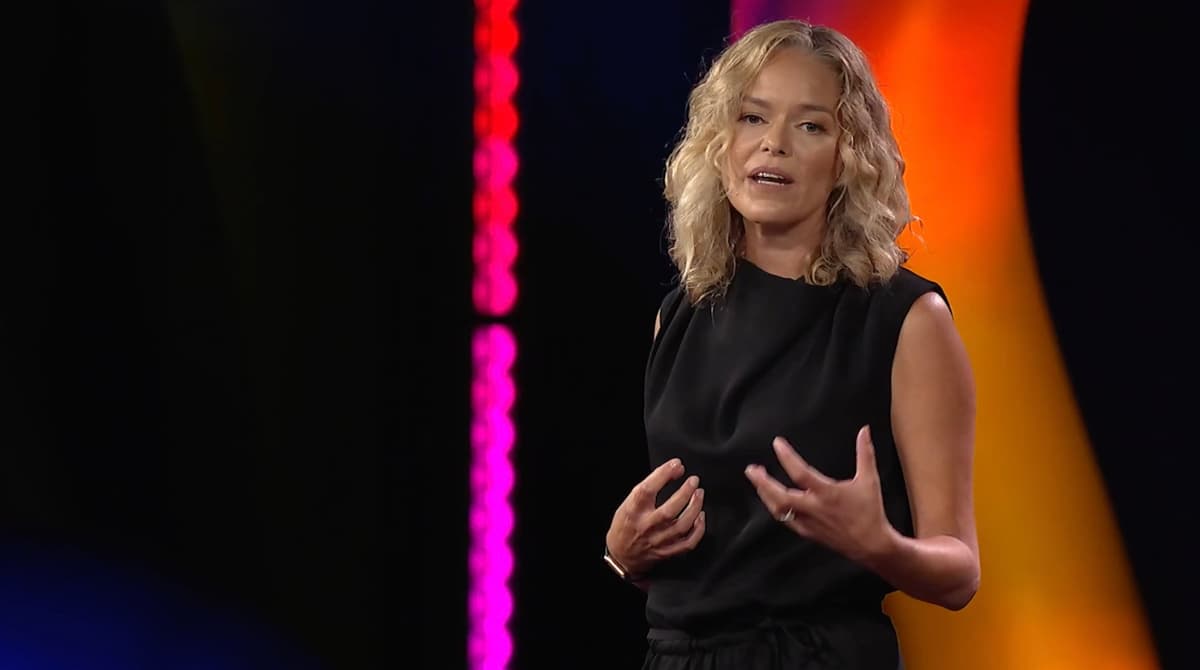House Republicans Open Investigation Into ‘Political Bias’ at National Public Radio
The recent resignation of a longtime editor and the disclosure of past partisan social media posts by the new chief executive spurred the inquiry.

House Republicans have opened an investigation into National Public Radio for what they call “allegations of political and ideological bias at the taxpayer-funded public radio organization,” a charge that was first made by a long-time editor who says NPR is acting more like a left-wing advocacy group than an objective news organization. They have also invited NPR’s president and chief executive to testify before a key congressional panel.
The chairwoman of the House Energy and Commerce Committee, Congresswoman Cathy McMorris Rodgers, and two of her colleagues wrote a letter to the new chief executive of NPR, Katherine Maher, about their concerns over the lack of fairness in reporting at the outlet, which is partially funded by taxpayers.
“The Committee has concerns about the direction in which NPR may be headed under past and present leadership. As a taxpayer funded, public radio organization, NPR should focus on fair and objective news reporting,” Ms. McMorris Rodgers and her colleagues wrote in their letter.
They say recent reporting has become “so polarized as to preclude any need to uncover the truth.” The lawmakers cite coverage of “the Mueller report, Hunter Biden’s laptop, and the Covid-19 origins investigation.”
“On each of these issues, NPR has been accused of approaching its news reporting with an extreme left-leaning lens,” the members write.
In their letter to Ms. Maher, the GOP lawmakers ask her to appear for an interview before the oversight committee so she can answer questions about these allegations of bias. Some of the questions they want answered concern how many reporters were hired who did not have to declare any kind of political leanings, and if any internal dissent about NPR’s coverage of certain issues was quashed by management.
“In the past five years, what percentage of NPR’s Board of Directors were registered Republicans?” the lawmakers asked. “In the past five years, did members of NPR’s Board of Directors raise concerns about the lack of political viewpoint diversity at the station? If so, whom?”
Ms. McMorris Rodgers also wants to know if the outlet actively sought out conservatives or registered Republicans to work as reporters or editors at NPR.
The congressional inquiry was kicked off by recent allegations made by a now-former NPR editor who said the outlet was actively dismissing accurate reporting in favor of a liberal bias.
On April 9, editor Uri Berliner wrote in the Free Press that NPR has taken a left-wing turn in recent years, especially since the 2016 election. “It’s true NPR has always had a liberal bent, but during most of my tenure here, an open-minded, curious culture prevailed. We were nerdy, but not knee-jerk, activist, or scolding,” he wrote, noting that he had worked at NPR for a quarter century.
“In recent years, however, that has changed. Today, those who listen to NPR or read its coverage online find something different: the distilled worldview of a very small segment of the U.S. population,” he said.
Mr. Berliner wrote that NPR skewed coverage of hot-button social and political issues in a manner that would satisfy the outlet’s overwhelmingly liberal listener base.
The chief propagator of the Russian collusion story was the top Democrat on the Intelligence Committee, Congressman Adam Schiff. Mr. Berliner said NPR interviewed the lawmaker at least 25 times, and his talking points became the “drumbeat” of their coverage.
“When the Mueller report found no credible evidence of collusion, NPR’s coverage was notably sparse. Russiagate quietly faded from our programming,” Mr. Berliner said.
Behind closed doors in the lead-up to the 2020 election, Mr. Berliner says editors opted not to cover Mr. Biden’s laptop because it was considered a “waste” of listeners’ time. On the Covid lab leak theory, Mr. Berliner said it was never given any credibility because NPR editors and staff deemed it to be “racist.”
Seven days after writing that piece for the Free Press, he was suspended without pay because he did not seek approval for publishing the article in an outside outlet. The day following that suspension, Mr. Berliner resigned from NPR.
“I don’t support calls to defund NPR. I respect the integrity of my colleagues and wish for NPR to thrive and do important journalism,” Mr. Berliner said in a resignation letter. “But I cannot work in a newsroom where I am disparaged by a new CEO whose divisive views confirm the very problems at NPR I cite in my Free Press essay.”
Ms. McMorris Rodgers and her colleagues plan to ask Ms. Maher about her own political biases and her level of respect for truthful reporting, which has been covered extensively by a conservative activist, Christopher Rufo. Mr. Rufo has unearthed a number of social media posts where Ms. Maher is seen wearing a “Biden for President” hat in 2020 and saying that she was dreaming about going on a road trip with Vice President Harris.
In one TED Talk cited by the Commerce Committee in its letter, Ms. Maher described the search for the truth as a barrier to a healthy society. “That perhaps for our most tricky disagreements, seeking the truth and seeking to convince others of the truth might not be the right place to start. In fact, our reverence for the truth might be a distraction,” she said at the time.
Ms. McMorris Rodgers asks that Ms. Maher appear before the oversight subcommittee for testimony on May 8.

